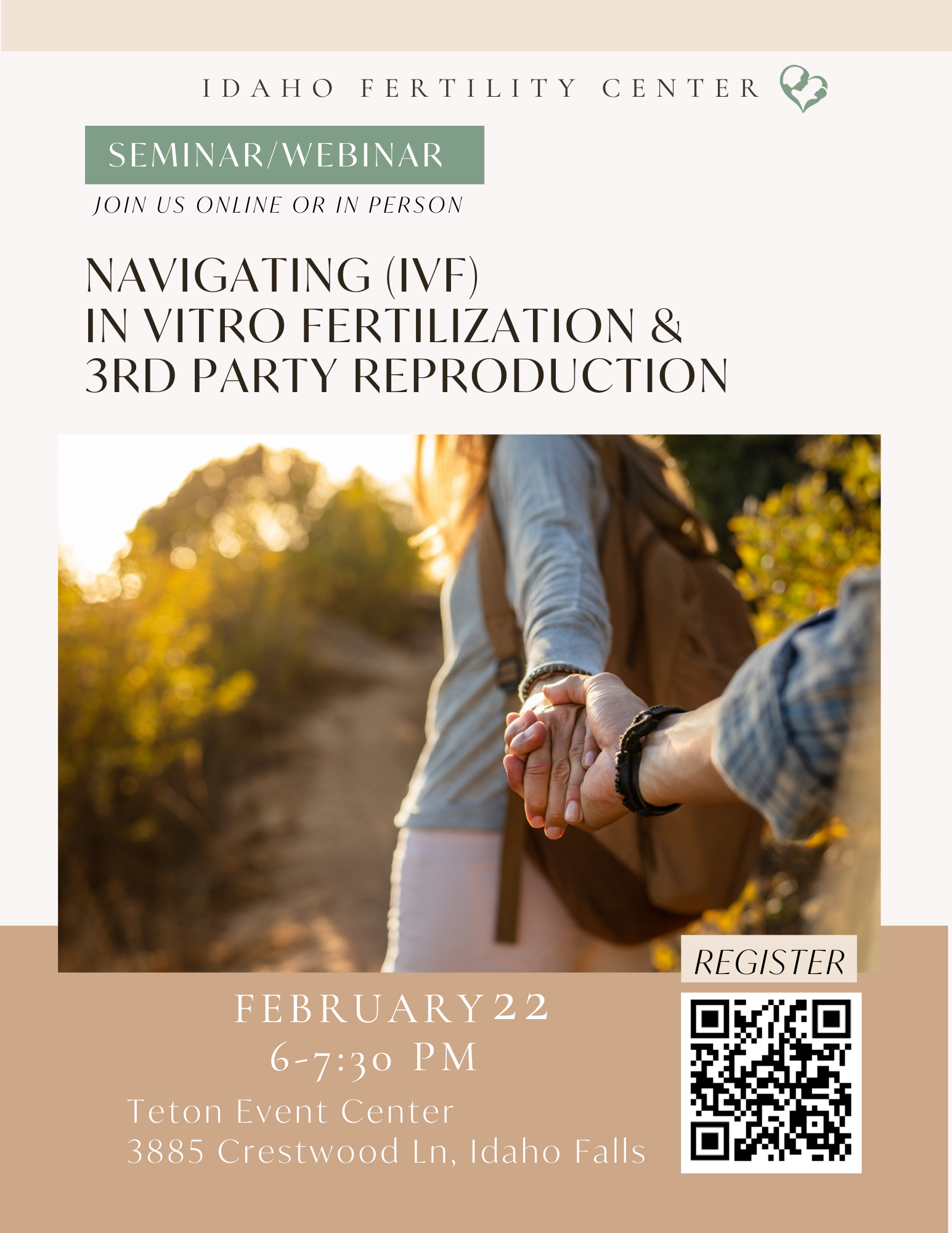
March is Endometriosis Awareness Month, making it a great time to share some helpful information for those with a known diagnosis and for those who may be experiencing these common symptoms.
What is Endometriosis?
Endometriosis is a health condition in which the tissue lining the uterine cavity grows in other areas of the body, such as the ovaries. In addition to causing painful periods and uncomfortable intercourse, endometriosis can also cause complications involving conception.
What causes endometriosis?
There are several theories as to how the endometrial tissue gets to the abnormal locations, thus causing endometriosis. The oldest and most accepted theory is by Sampson, in which he hypothesized that some of the menstrual fluid travels through the fallopian tubes and into the pelvis. As a woman’s hormones change with her monthly cycle, the tissue outside the uterus is also affected. Other common theories include the movement of the tissue from the uterus via the blood or lymphatic system to distant sites. Current areas of investigation include the role of the immune system in the development of endometriosis.
What are some of the symptoms of endometriosis?
Endometriosis can cause pelvic pain, inflammation, and infertility. The location of pain from endometriosis depends on where the abnormal tissue implants. Some women experience pain with their menses and others experience pain all of the time. Endometriosis causes infertility by two ways. First, it causes an immunological response that promotes a hostile environment for the egg, sperm, and embryos in the pelvis. Secondly, endometriosis is an inflammatory condition, which can damage the normal pelvic architecture that facilitates egg pick-up by the fallopian tube.
How is endometriosis treated?
Endometriosis symptoms can be treated by medications or by surgery. The medications used to treat endometriosis can also prevent you from becoming pregnant so if you are trying to conceive you would have to approach treatment differently. Pregnancy often helps the symptoms of endometriosis temporarily. Surgical treatment has a very limited role in the treatment of infertility associated with endometriosis. If you are not trying to become pregnant, there are many effective medications that can be used to control the pain and inflammation associated with endometriosis. Surgery would only be used when your symptoms are refractory to the medications.
What types of fertility treatments can help women with endometriosis?
If a woman has mild endometriosis, often she is successful in achieving pregnancy with controlled ovarian hyperstimulation, along with inseminations. Women with severe endometriosis achieve the greatest success with in-vitro fertilization.
If you are interested in more information about endometriosis or would like to meet with one of our reproductive endocrinologists to explore treatment for endometriosis and/or infertility, give us a call at 801-785-5100 or email us at [email protected].




